252 találat összesen
Skip results of view Cikkek az adatok témakörében
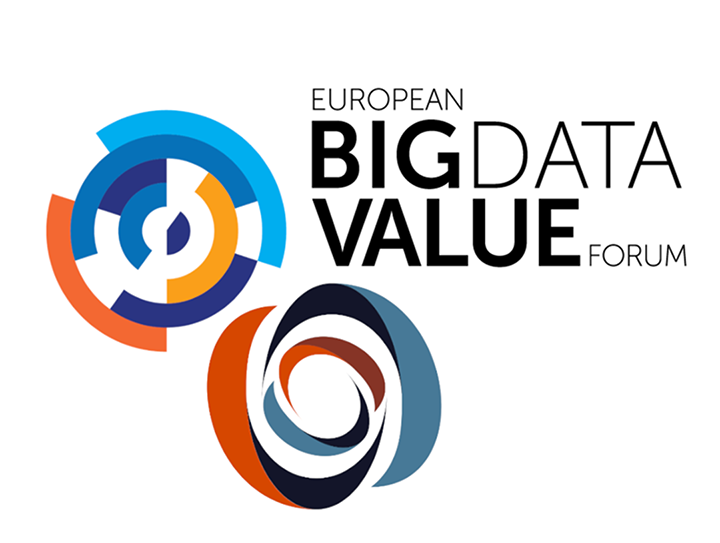
- Data Story
The European Big Data Value Forum (EBDVF) 2020 was held between 3 and 5 November in Berlin, Germany, with a complimentary online broadcast to a wider audience. This annual event is organised by Big Data Value Association (BDVA) in collaboration with the DFKI, Plattform Industrie 4.0, Plattform Lernende Systeme and Berlin Partner. The event brings together industry professionals, business...
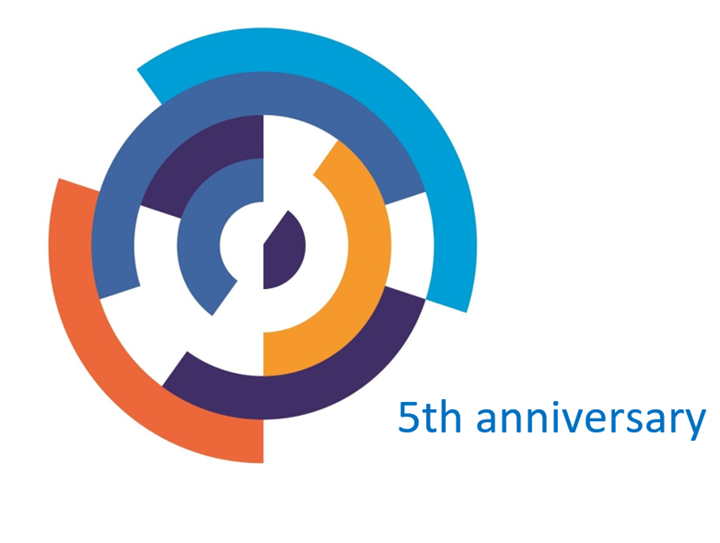
- Data Story
Join us in celebrating five years of open data on the European Data Portal (EDP)! Thank you to the open data publishers, re-users, enthusiasts, and to all our viewers and subscribers for following us on social media and exploring our news pieces, articles, events, blogs, webinars and reports. We invite you to continue sharing your valuable experiences, insights, and opinions with us going forward...
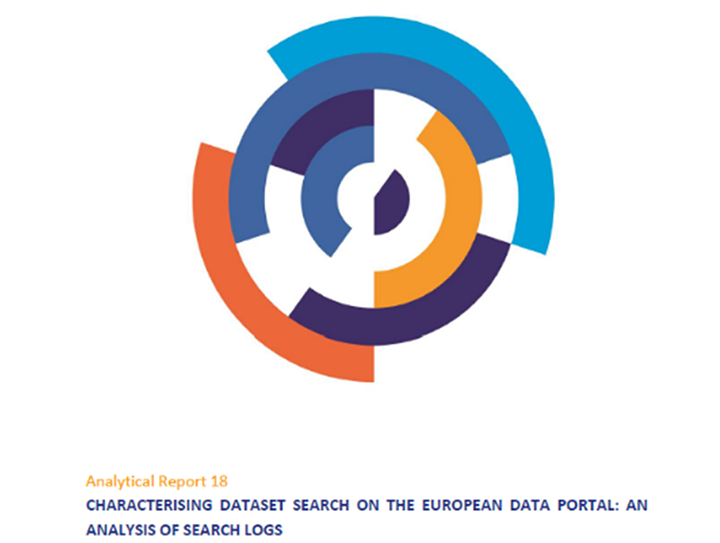
- Data Story
Characterising Dataset Search on the European Data Portal: An Analysis of Search Logs In September 2020, the European Data Portal (EDP) published the analytical report “ Characterising Dataset Search on The European Data Portal: An Analysis of Search Logs”. This report is a quantitative study conducted by the University of Southampton as part of the EDP. The study observes two years of EDP search...
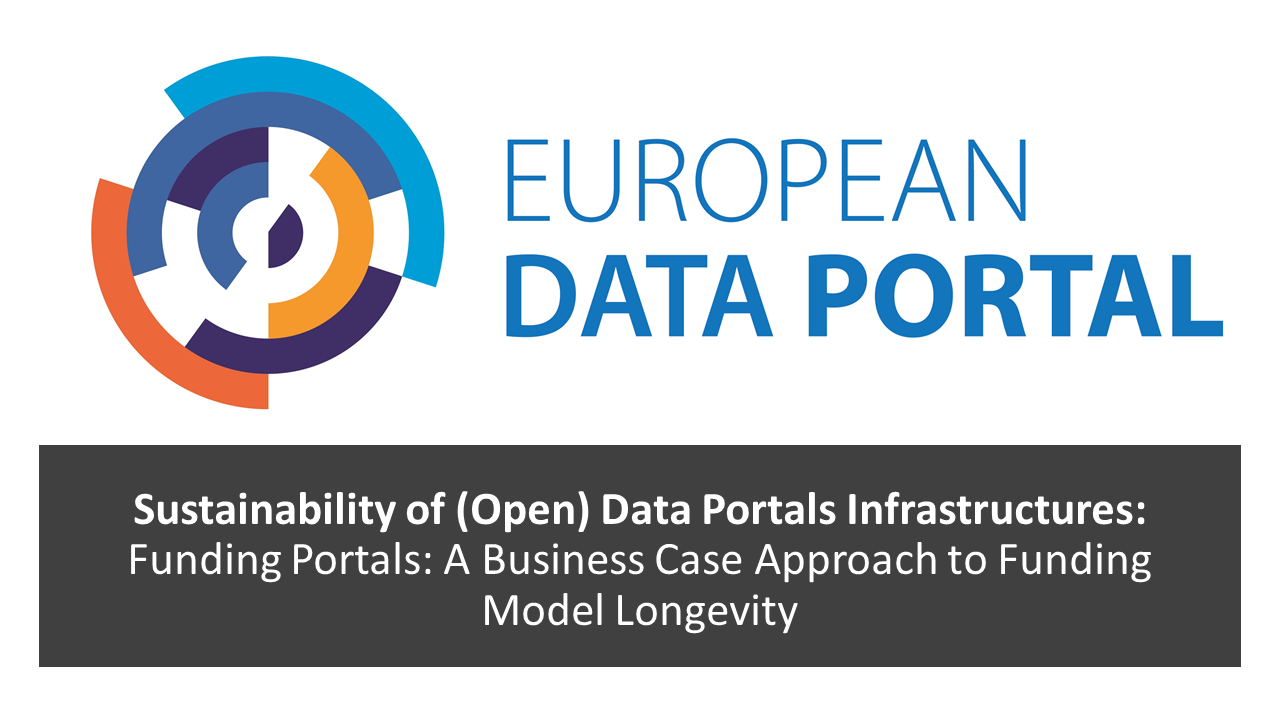
- Data Story
Sustainability of (Open) Data Portals Infrastructures reports Over the next months, all six reports included in the ”Sustainability of (Open) Data Portals Infrastructure” will be summarised using featured highlights. This particular article will focus on the fourth report, “Funding Portals: A Business Case Approach to Funding Model Longevity”. The report devises a toolkit based on 3 business cases...
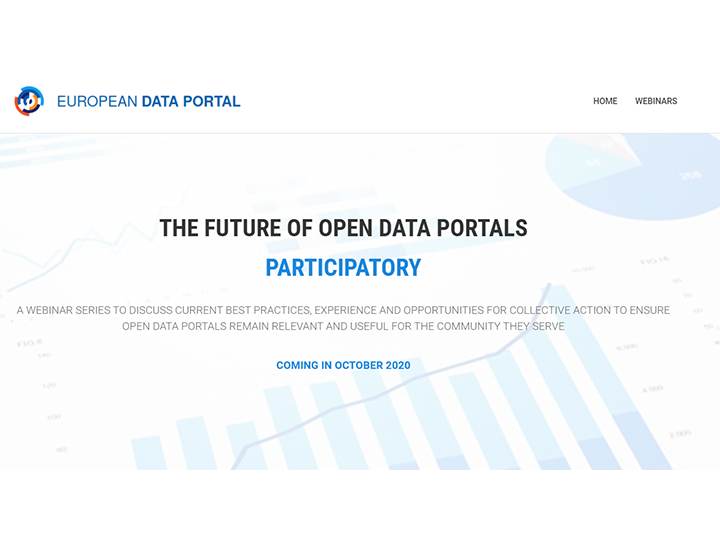
- Data Story
Webinar series: Future of Open Data Portals The European Data Portal (EDP) team is launching a webinar series to discuss: The Future of Open Data Portals. This series will contain current best practices, experience and opportunities for collective action to ensure open data portals remain relevant and useful for the community they serve. Traditionally, portals have looked at impact through the...
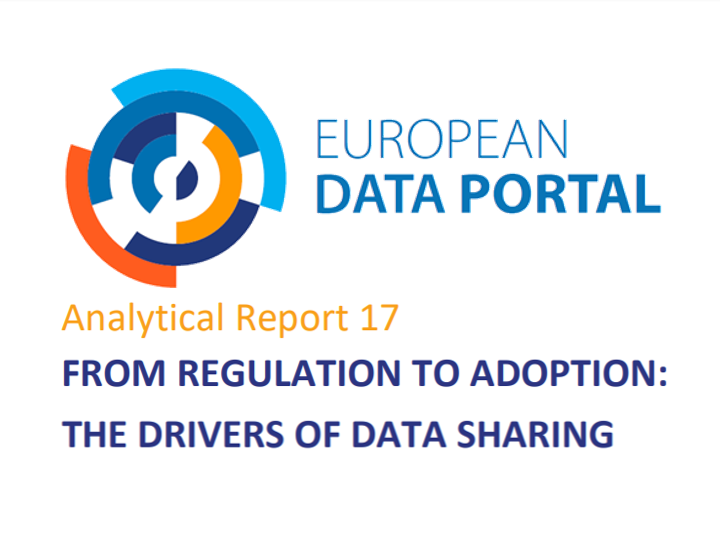
- Data Story
From Regulation and Adoption In August 2020, the European Data Portal (EDP) published the analytical report “ From Regulation to Adoption: The Drivers of Data Sharing”. The study reviewed policy initiatives, the implementation and regulation of open data and data sharing incentives in selected countries in Europe. To explore the factors behind governmental compliance towards data sharing and open...
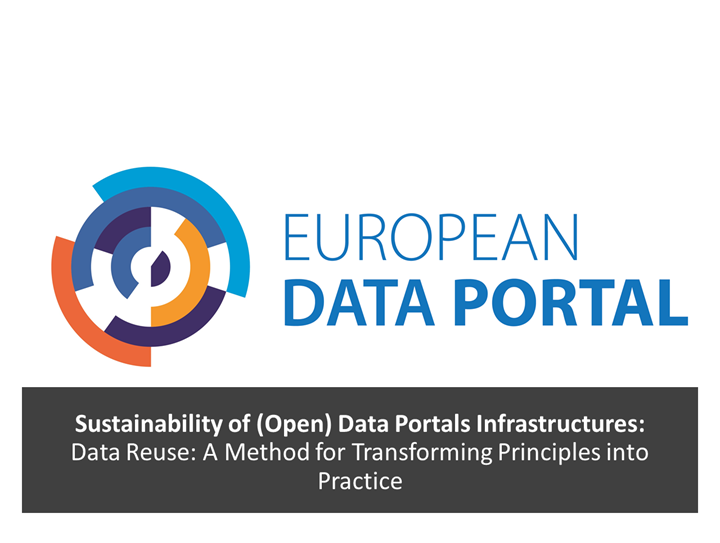
- Data Story
Over the next few months, all six reports included in the ”Sustainability of (Open) Data Portals Infrastructure” will be summarised using featured highlights. This particular article will focus on the third report: “Data Reuse: A Method for Transforming Principles into Practice”. This report discusses a new approach to create an automated assessment of the re-use of data. The report elaborates on...
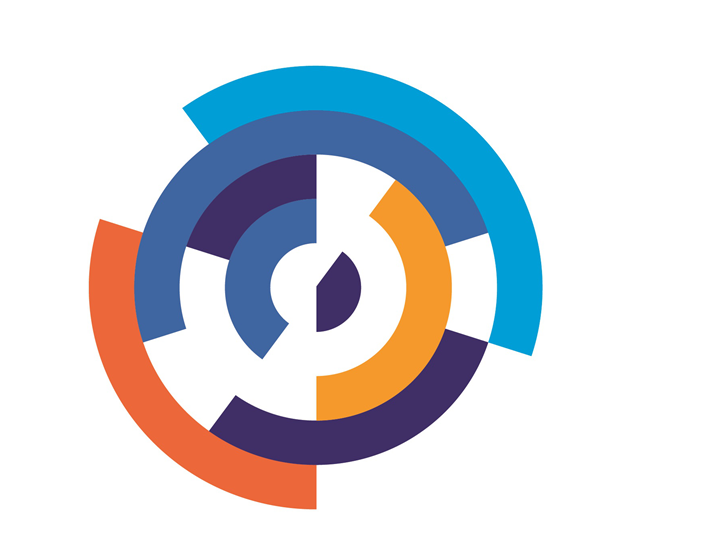
- Data Story
The European Data Portal (EDP) recently conducted a user satisfaction survey and round of interviews to learn more about the user experience of the portal. The aim of the research was to gain insights into users’ needs and wishes of the portal to determine areas of improvement. In total, 16 users with varying backgrounds from different European countries participated. Survey responses In the...
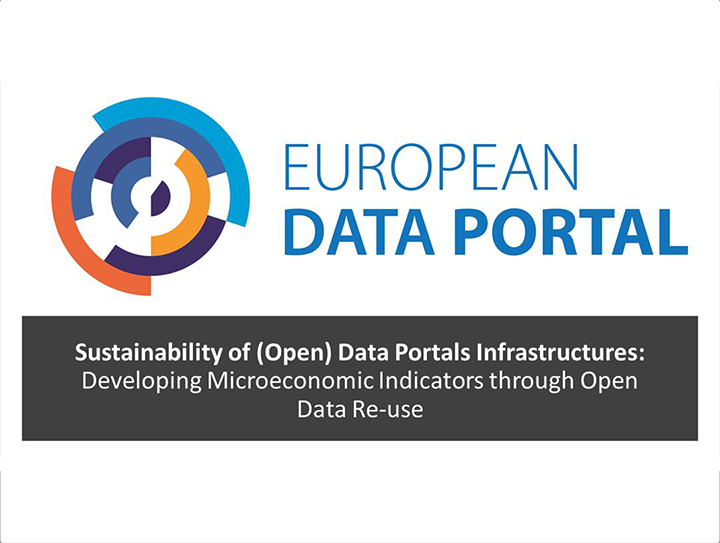
- Data Story
Over the coming months, all six reports included in the ”Sustainability of (Open) Data Portals Infrastructure” will be summarized into featured highlights. This particular article will focus on the second report: “Developing Microeconomic Indicators Through Open Data Re-use”. This report discusses the importance of measuring the economic impact of open data, the use of microeconomic metrics, and...

- Data Story
Open solar energy data Open energy data is one of the European Data Portal’s (EDP) most popular data domains due to its impact on the energy sector, for example. Within this data category, the EDP has a fair amount of open solar energy data. Solar energy is light and heat from the sun that can be harnessed and used for technologies such as solar heating, photovoltaics, solar thermal energy, solar...
